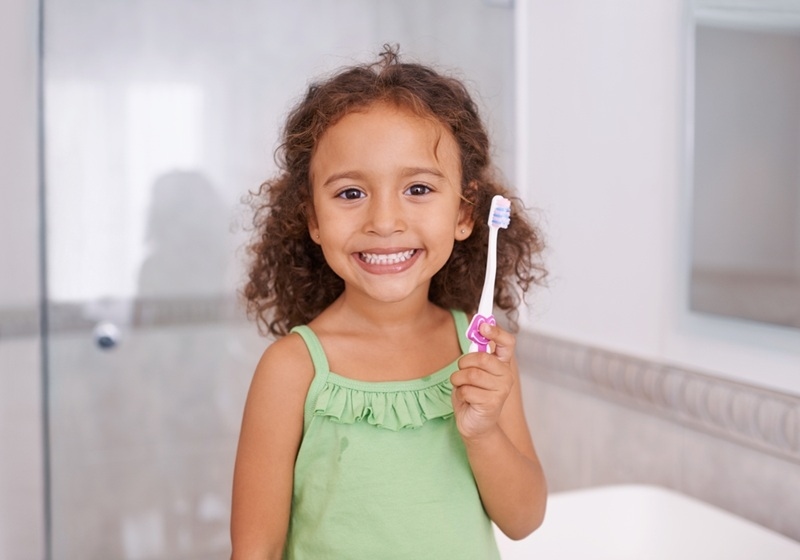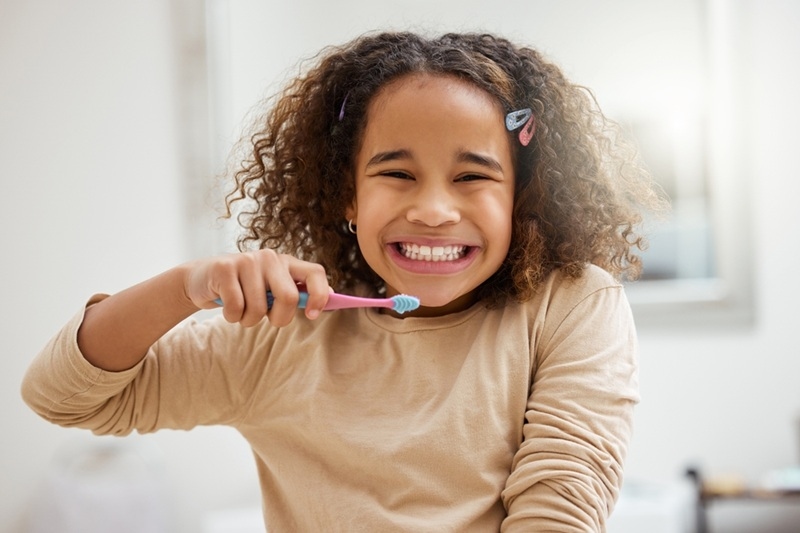
Perhaps the most crucial aspect of a lifetime of healthy gums and teeth is creating the habits early. It's more than kids dental care to just floss and brush—it's about creating habits, instilling good attitudes toward oral care, and showing children the importance of maintaining their smile. For guardians and parents all over America, figuring out how to develop such a pediatric dentistry routine can be the key to healthy children teeth for the rest of their lives.
Good kids dental care is essential to both short- and long-term oral health. Good habits early in life can prevent cavities, gum disease, and other problems that affect overall health. Here is what to know:
As pediatric dental professionals describe, children who establish a good oral hygiene habit early on have less trouble with dental anxiety and are more likely to transfer it to adulthood. That is, placing children on an early path with brushing and dental hygiene isn't just preventing teeth decay - it sets the stage for a lifetime of happy, healthy smiles.
Good oral care should begin the moment your child receives his or her first tooth. The dental well-being of toddlers is often overlooked, yet the baby teeth are also in need of care because they guide the permanent teeth into place. Begin the slow but gentle process of brushing with a soft toothbrush and a dab of fluoride toothpaste for your toddler. Though your toddler will protest, brushing can become a game that teaches them about proper toddler oral health and hygiene.
Routine is probably the most significant contributor to the oral health of children. The child's dental routine should be simple, brief, and practical.
Research in pediatric dentistry supports that kids with a scheduled child dental care program experience less trouble with their teeth and are less anxious in the dentist's chair.
All parents find it difficult to make their children brush. Bringing brushing fun can go a long way in maintaining compliance. Employ interactive processes such as:
The goal is to make brushing fun and connect positive emotions to it so that the kids pick up the habit naturally. Kids brushing will be an ordinary, easy part of the day and not a drudgery otherwise.

The education of children about their teeth and why dental hygiene is important is the most important step toward building good lifelong dental habits.
Educating children on how oral health contributes to their overall well-being can motivate them to care for themselves. Pediatric dentistry reports that education, coupled with practice, will help children enjoy healthy teeth throughout their lives.
Children love to model adults, and involving the whole family in children's oral hygiene habits has a way of fostering good habits.
Even when there is an acquired good habit, children will need to be guided and encouraged to learn to develop dental skills.
Watch over children brushing until the development of technique and habit is realized, generally at 7 or 8 years of age.
Good oral care does not always come naturally. Most common problems are:
With determination, creativity, and perseverance, parents can overcome these obstacles and establish routines that will endure.
It's an investment worth making to pay attention to the children teeth and oral health. The dividends of proper oral hygiene continue well into adulthood.
Instilling lifetime oral habits in children requires patience, creativity, and dependability. From toddler dentistry to positive child dental behavior, parents have the biggest influence on what their children think about oral health. By making tooth-brushing enjoyable, teaching children why oral health is so important, making everyone join in as a family effort, and sticking to periodic visits to pediatric dentistry, you can instill good oral health habits in your children that will last a lifetime.
Investing in quality children's oral care today saves teeth, supports total health, and leaves a lifetime of happy, healthy smiles. Remember, habits your child develops today will leave a lasting effect on their oral health for years to come. Get an early head start, be thorough, and make children's oral care a positive experience - your child's future self will appreciate it.
This content was created by AI